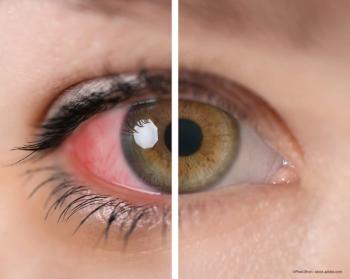
Researchers at the University of Bonn are evaluating a new imaging technique for the diagnosis of posterior uveitis.


Researchers at the University of Bonn are evaluating a new imaging technique for the diagnosis of posterior uveitis.

A synopsis of the findings presented at EURETINA 2022 for ophthalmologists and retina specialists.

Tunde Peto, MD, PhD, shares some ophthalmic initiatives she's excited about in light of EURETINA 2022.
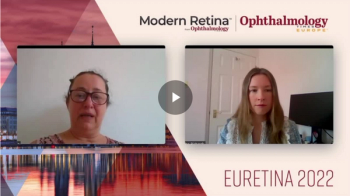
Tunde Peto, MD, PhD, discussed two of her presentations at EURETINA 2022: "UK Biobank retinal imaging grading: methodology, baseline characteristics and findings for common ocular diseases" and "Retinal phenotyping of different variants of Alzheimer’s disease using ultra-widefield imaging."
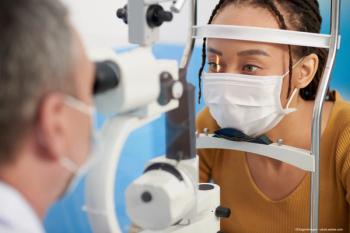
This affordable device allows the view through a slit lamp to be shared in real time or recorded, for teaching and reference purposes.
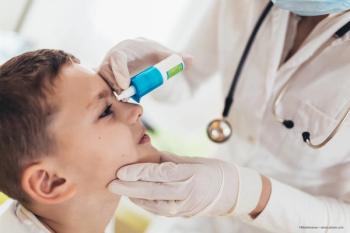

Researchers at the Medical University of Vienna are focusing on how the retina can be used as a prognostic marker. Analyses revealed that retinal layer thinning as a result of an MS relapse predicts the severity of future relapses and the likelihood of disability.
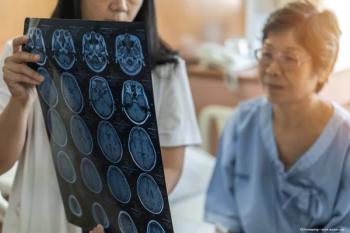
Investigators concluded that patients who are cognitively healthy with a high genetic risk of Alzheimer disease may exhibit changes in retinal tissue that correlate with brain changes.
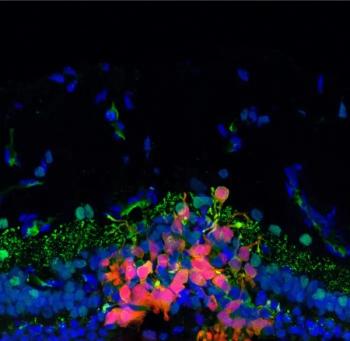
A multi-institutional effort led by researchers at the University of Pennsylvania is taking steps to develop an effective technique to regenerate photoreceptors cells and restore sight in patients with vision disorders.
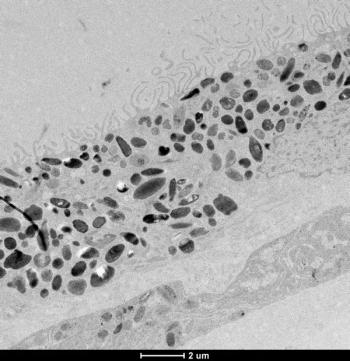
The discovery of molecular signatures of age-related macular degeneration will help with better diagnosis and treatment of this progressive eye disease.
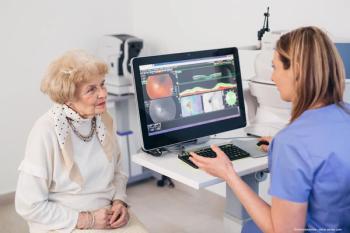
While the COVID-19 pandemic revealed the potential of utilizing artificial intelligence in screening for diabetic retinopathy, improvements are still needed as a results of the number of images that are ungradable.
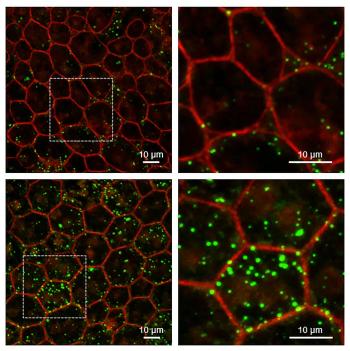
Eyes of mice lacking protective protein show signs similar to age-related macular degeneration.
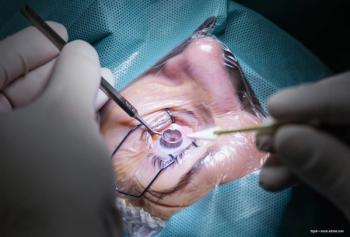
The effects of cataract surgery are generally evaluated based on improvements in vision, but investigators sought to identify if the structures in the back of the eye were affected as well.

The American Society of Retina Specialists held its 40th Annual Meeting in New York, New York, from July 13-16, 2022. While data was presented for all topics in retina, new revelations in age-related macular degeneration, diabetic retinopathy, and diabetic macular edema dominated the conversation.

At ASRS in New York City, New York, Justis Ehlers, MD, presented a talk entitled, “Higher Order OCT Feature Assessments of the Impact of Fluid Dynamics on Visual Acuity in Neovascular AMD in a Phase III Clinical Trial: The Importance of Outer Retinal Integrity.” Here he discusses the findings.

The 40th annual Scientific Meeting of the American Society of Retina Specialists is scheduled for July 13-16, 2022, in New York.
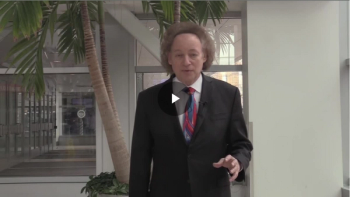
Richard Rosen, MD, shares insights on how imaging can capture hyalocytes and their movement without the use of dyes.

David Boyer, MD, discusses the Phase 3 investigation for OPT-302 combination therapy for wet AMD.
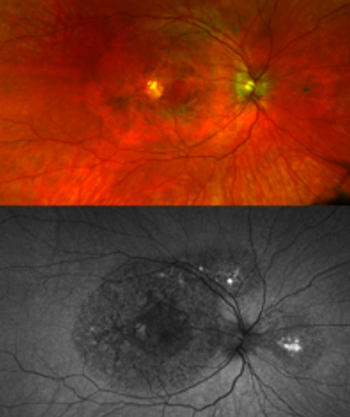
Genetic and clinical research reveals new type of macular dystrophy, a cause of central vision loss.

The study assesses retinal blood biomarkers using a new prototype OCT, aiming to measure retinal biomarkers such as blood flow volume, average velocity, and vessel diameter with a new prototype.
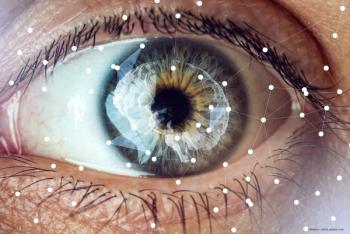
With clearer imaging and enhanced resolution, the new OCT approach could improve medical diagnostic imaging.

Yasha S. Modi, MD, discusses his best tips and tricks for finding and diagnosing infectious uveitis.
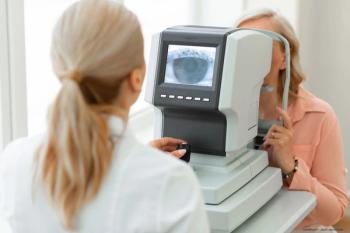
Retina Technologies Inc. is working on a modular digital vision screening platform it says will provide vision testing for the early detection of eye disorders.

In a patient survey, 66% of respondents said AI plays a large role in their diagnosis and treatment and thought it was important.
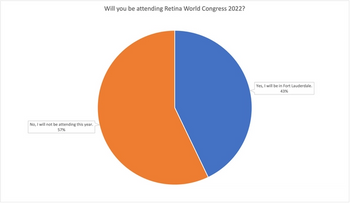
Results from our recent poll regarding Retina World Congress 2022 attendance indicate that while many retina specialists will attend the Congress, the majority will not be in Fort Lauderdale, Florida.